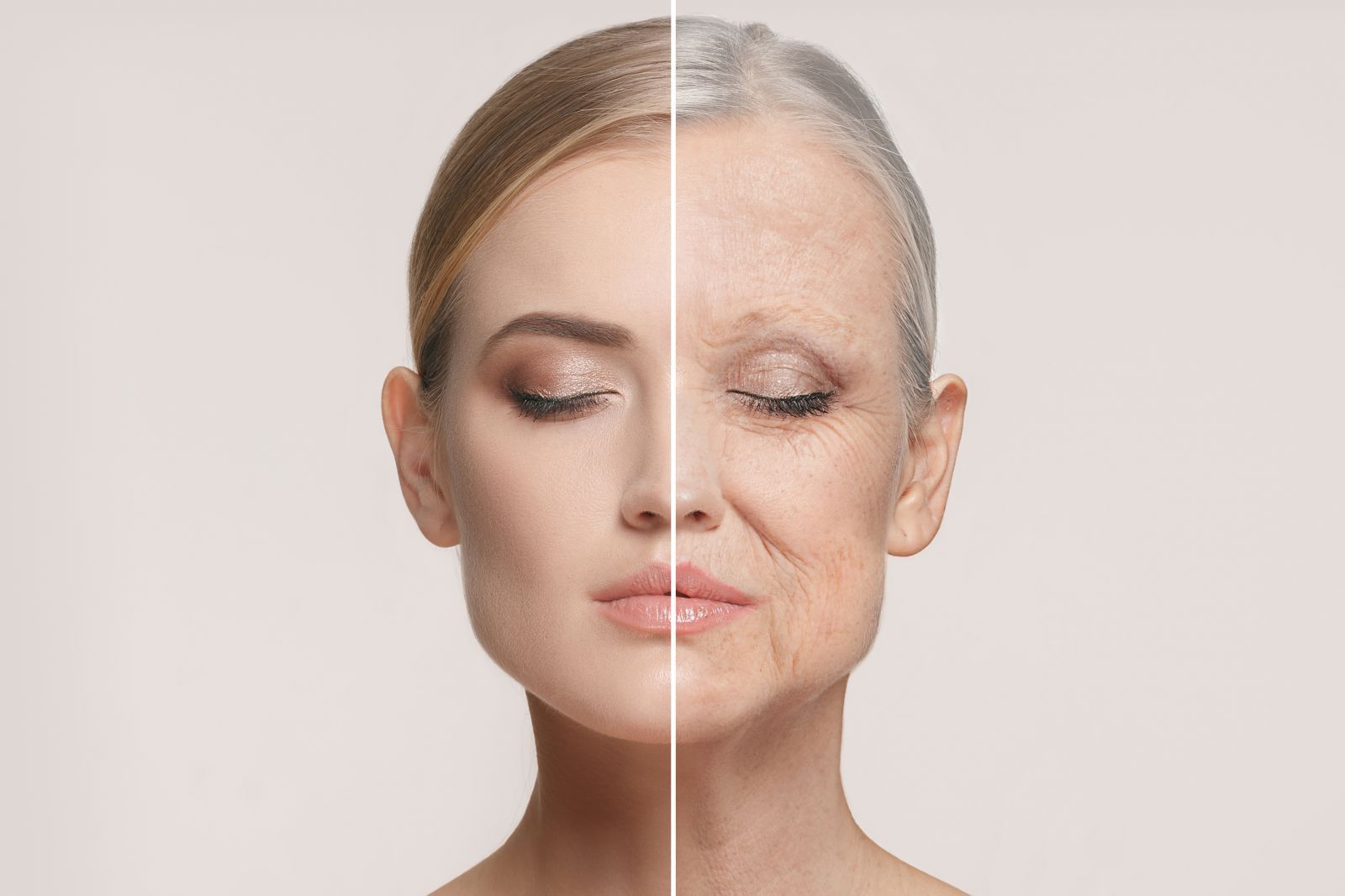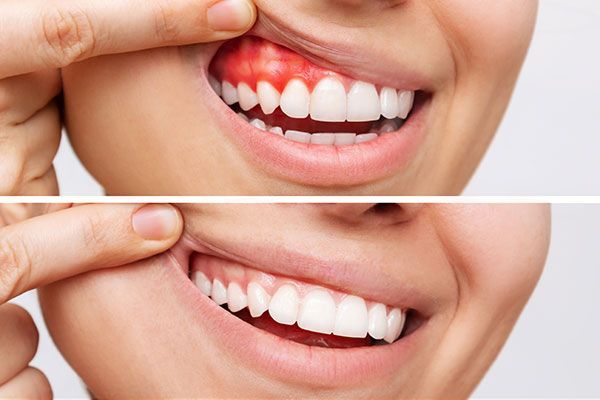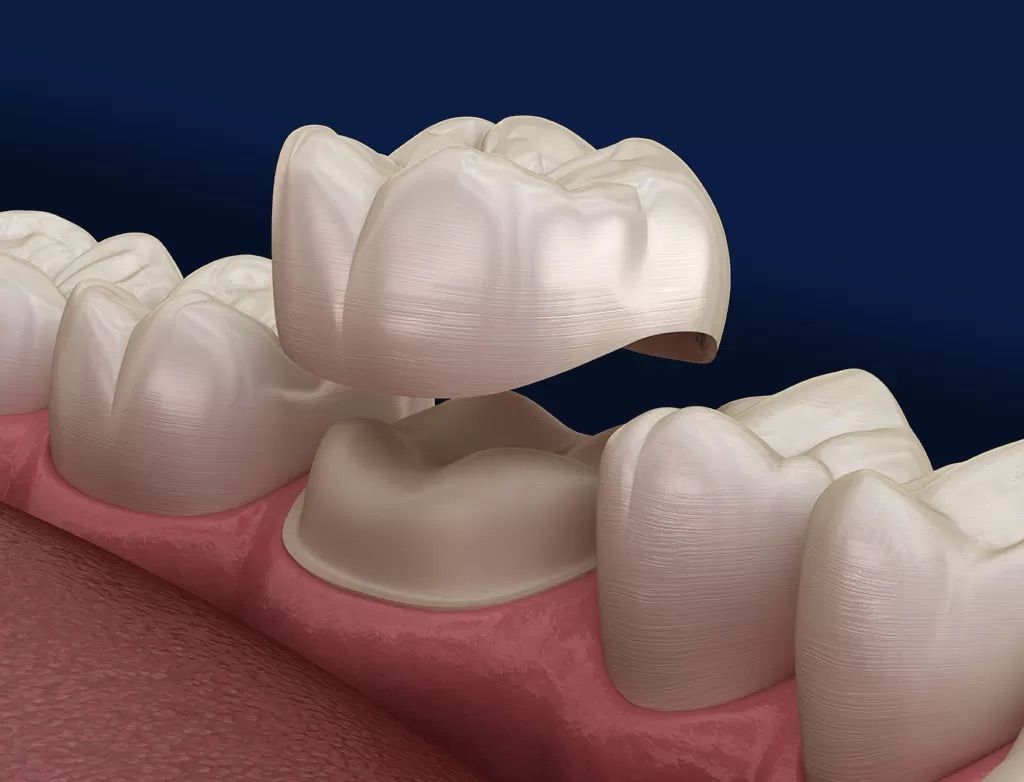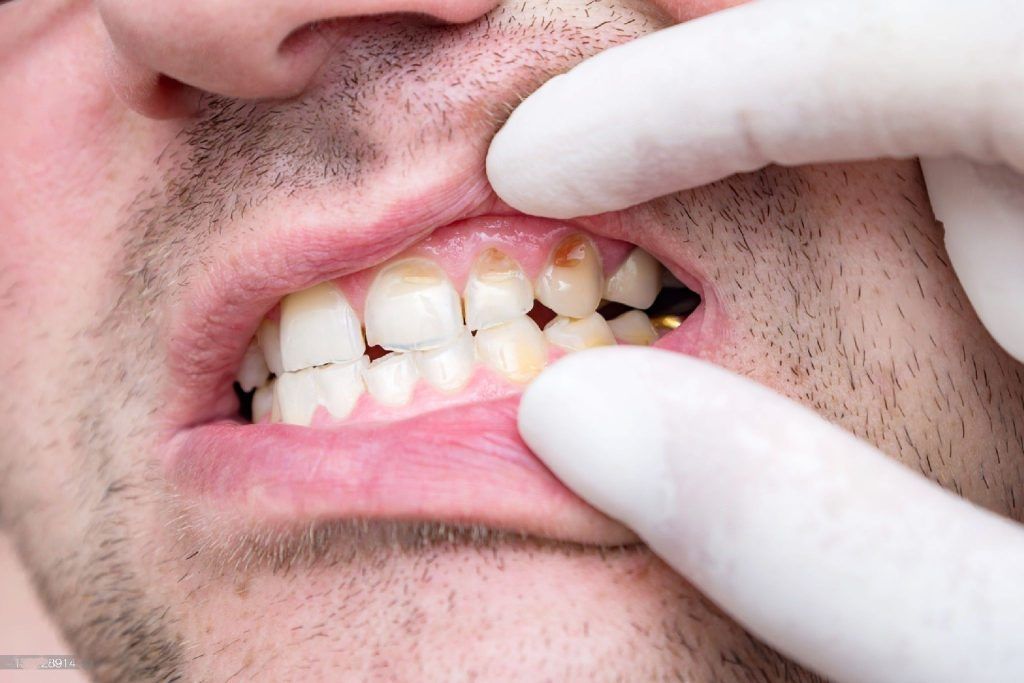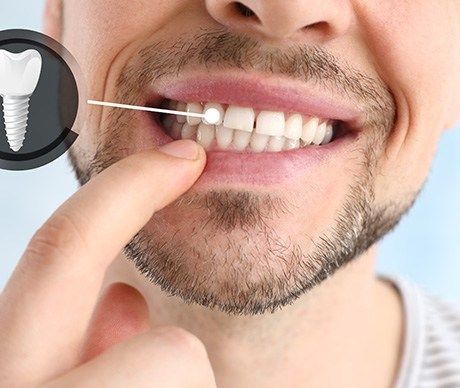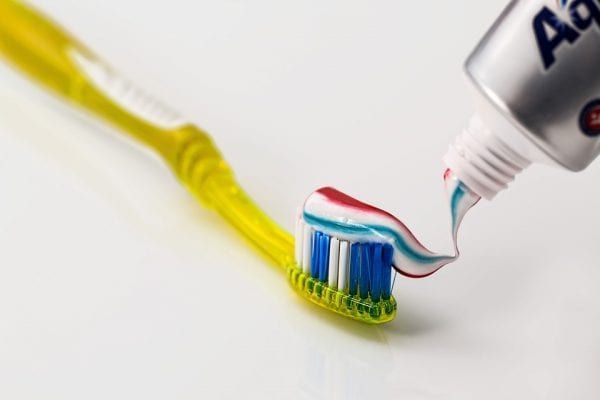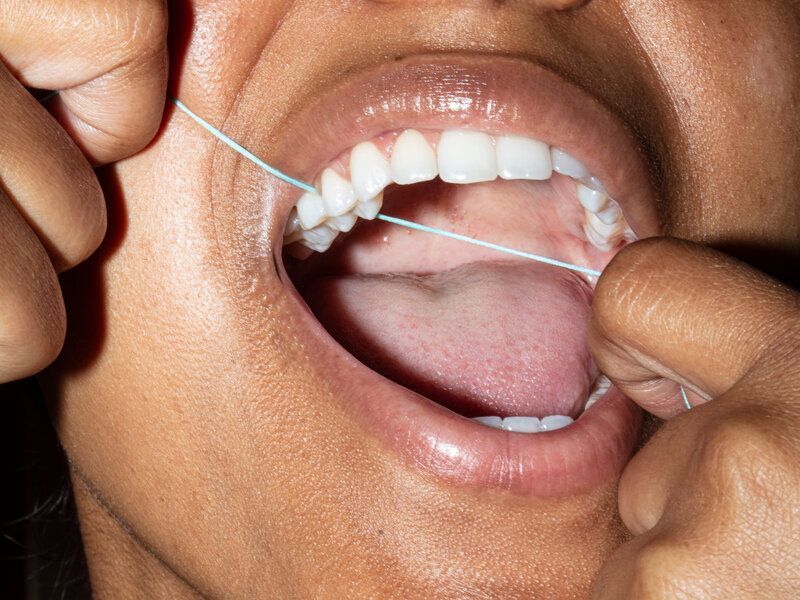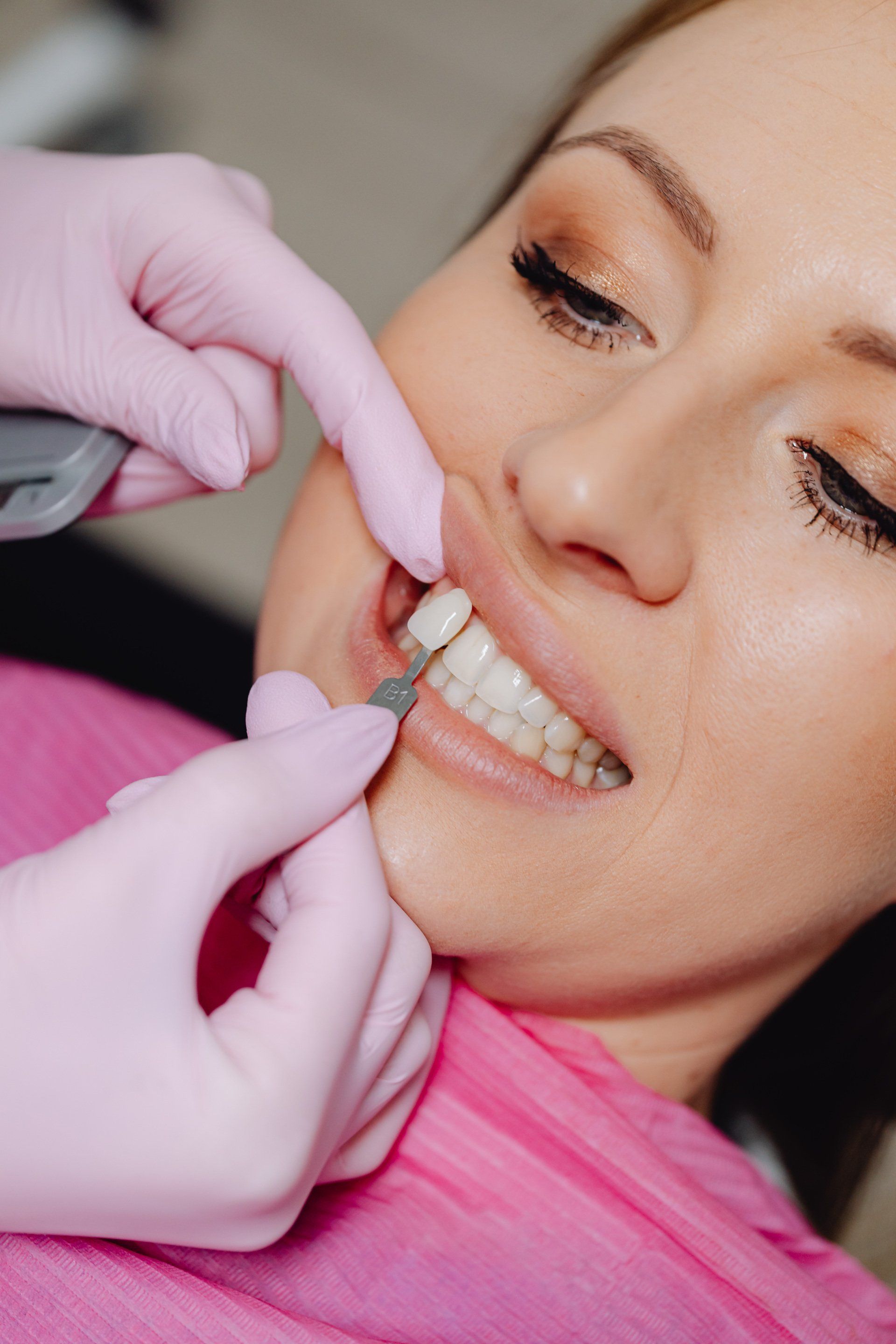Understanding Denture Adhesive
Salem Dental Arts, Dr. Pamela Maragliano-Muniz | Salem, MA
When it comes to ensuring the comfort and functionality of dentures, choosing the right denture adhesive is crucial. Denture adhesives can provide the stability and confidence needed to enjoy a variety of foods and activities without worry. Let's talk about your options and how to use them most effectively.
Understanding Denture Adhesives
Denture adhesives come in various forms, including creams, powders, and strips. They help to secure dentures by creating a bond between the denture and the gums. This bond prevents the dentures from slipping or shifting during daily activities such as eating, talking, and laughing.
Top Denture Adhesives
Fixodent Plus Precision Hold
Fixodent Plus is known for its stronghold and precision nozzle, which provides targeted application and long-lasting security. It's especially effective for complete dentures and offers a comfortable fit.
Poligrip Power Max Hold
Poligrip Power Max offers an impressive hold and helps seal out food particles. It's a popular choice for full and partial dentures and ensures a strong, all-day hold.
Super Poligrip Zinc-Free Denture Cream
This adhesive provides a reliable hold without adding zinc for those concerned about zinc intake. It's ideal for those with partial dentures and offers a secure fit.
Sea-Bond Denture Adhesive
These adhesive strips are an excellent alternative to creams and powders. They provide a cushiony layer that enhances comfort and ensures a firm hold throughout the day.
How to Use Denture Adhesives
Using denture adhesive correctly is key to achieving the best results. Follow these steps for optimal application:
1. Clean Your Dentures and Mouth:
Start with clean dentures and a clean mouth. Brush your dentures with a non-abrasive denture cleanser and rinse thoroughly. Also, brush your gums, tongue, and any remaining natural teeth.
2. Apply the Adhesive:
For creams, apply a small amount of adhesive to the denture's surface that comes in contact with your gums, avoiding the edges.
For powders, sprinkle a light, even layer onto the denture. If you're using strips, cut them to fit your denture and place them on the gum-facing side.
3. Position the Dentures:
Insert the dentures into your mouth and press them firmly in place. Bite down for a few seconds to help secure them.
4. Remove Excess Adhesive:
If any adhesive oozes out, remove it with a clean, damp cloth.
5. Avoid Overuse:
Use the smallest amount necessary to achieve a secure fit. Overuse can lead to discomfort and difficulty in removing the dentures.
When to Use Denture Adhesives
Denture adhesives can be particularly beneficial in the following situations:
New Denture Wearers
If you're new to wearing dentures, adhesives can help you adjust to the sensation and improve stability during the initial adjustment period.
Loose Dentures
If your dentures have become loose over time, the adhesive can provide temporary relief until you can see your dentist for adjustments or replacements.
Special Occasions
Adhesives can provide additional security for events where you need extra confidence in your denture's stability, such as social gatherings or public speaking engagements.
Eating and Drinking
Adhesives can help prevent food particles from getting under your dentures and improve your ability to enjoy a wider variety of foods.
What is the best denture adhesive?
Choosing the best denture adhesive and using it correctly can significantly enhance your comfort and confidence. Whether you prefer creams, powders, or strips, there's an option to suit your needs.
Remember, while adhesives are helpful, regular dental check-ups are essential to ensure your dentures fit correctly and to address any oral health concerns.
We have many
resources on dentures if you would like to learn more. If you are interested in scheduling a denture consultation, we are a friendly dental office in Salem. We are here to help;
give us a call.
20 Central St, Salem, MA

